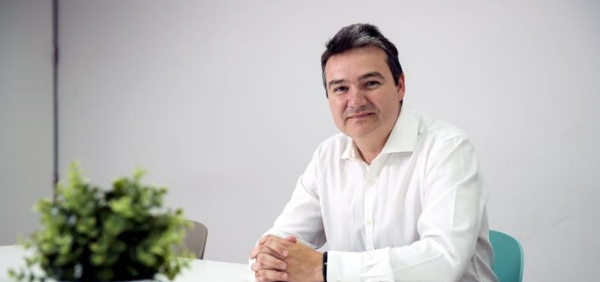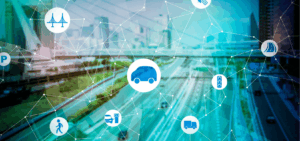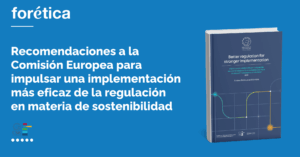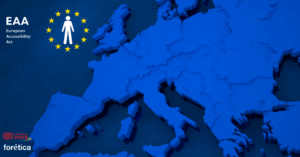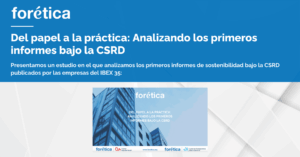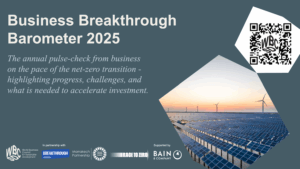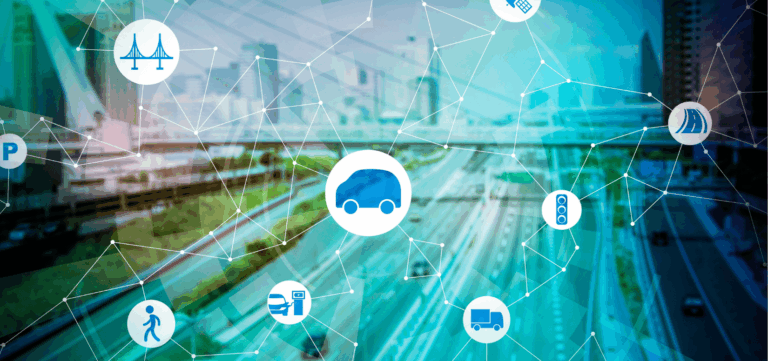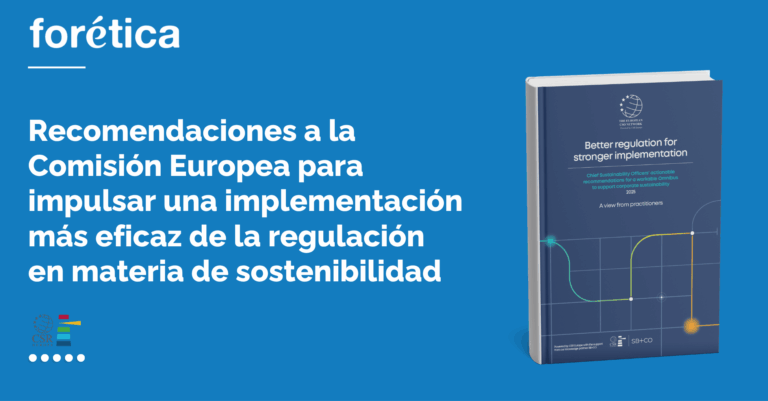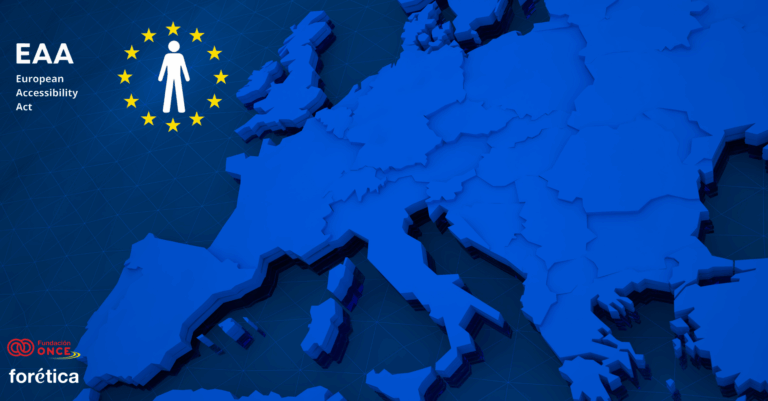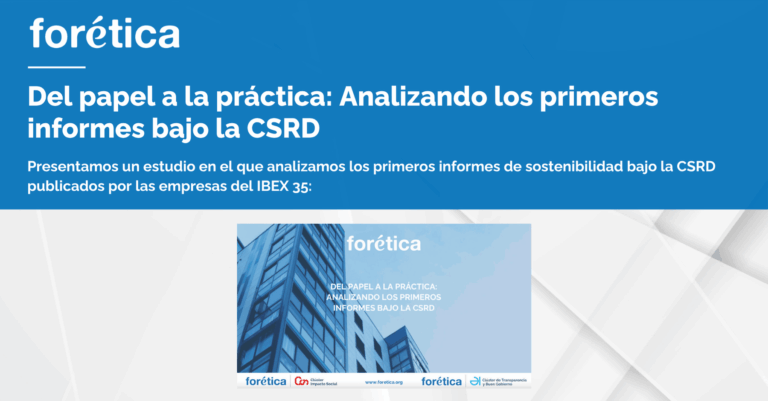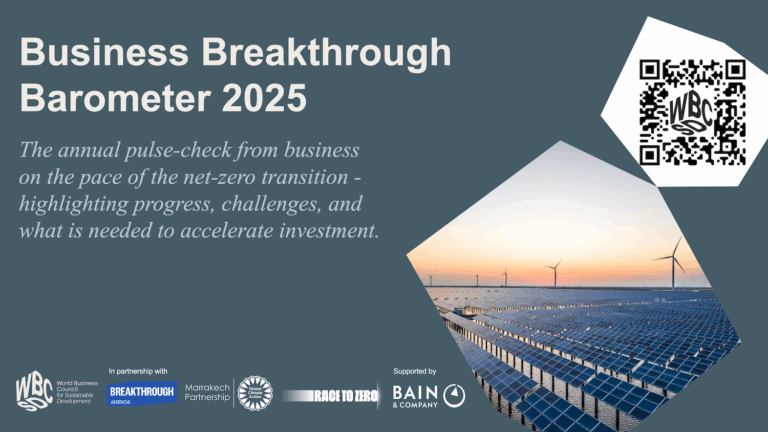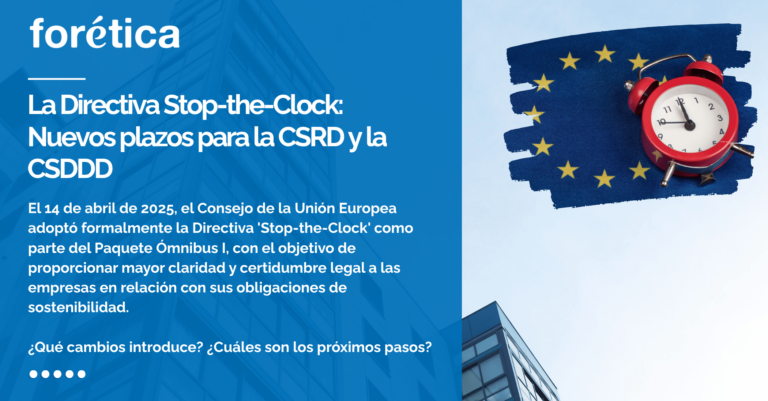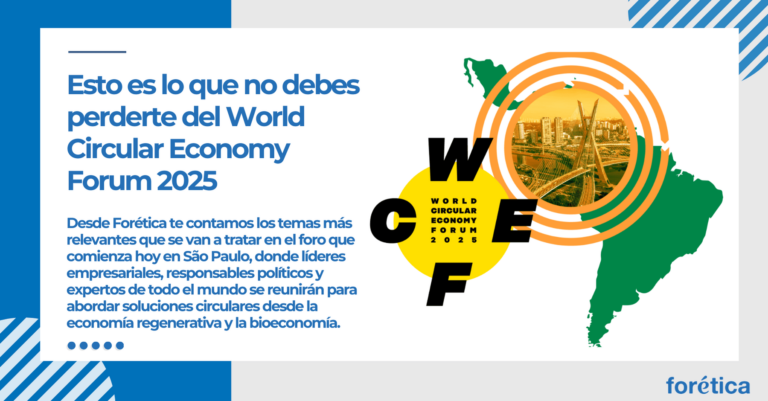La Comisión Mundial sobre el Futuro del Trabajo acaba de presentar su informe histórico «Trabajar para un futuro más prometedor«, que marca el lanzamiento de las celebraciones del centenario de la Organización Internacional del Trabajo (OIT).
El informe reconoce que fenómenos como el big data, la inteligencia artificial, la digitalización de los servicios y la robotización de la industria, constituyen una gran oportunidad para generar bienestar y prosperidad. Al mismo tiempo, suponen una disrupción estructural a los mercados de trabajo tanto en economías avanzadas como en desarrollo.
El documento deja claro que las competencias de hoy “no se ajustarán a los trabajos de mañana y las nuevas competencias adquiridas pueden quedar desfasadas rápidamente”
El documento deja claro que las competencias de hoy “no se ajustarán a los trabajos de mañana y las nuevas competencias adquiridas pueden quedar desfasadas rápidamente”. Más allá de la tecnología, la respuesta al cambio climático creará millones de puestos de trabajo (24 millones de nuevos puestos estima el informe) a medida que adoptemos prácticas sostenibles y tecnologías limpias; sin embargo, otros puestos de trabajo desaparecerán (seis millones es la estimación en este caso) cuando “los países vayan reduciendo progresivamente sus industrias basadas en el carbón y en el uso intensivo de los recursos”.
Los retos vienen marcados con algunos datos muy relevantes, entre ellos los siguientes:
- Empleo: Antes de 2030 es preciso crear 344 millones de empleos para poner fin al desempleo actual
- Desempleo: 190 millones de personas están desempleadas, de las cuales 64,8 millones son jóvenes
- Trabajadores pobres: 300 millones de trabajadores viven en extrema pobreza (< 1,90 dólares/día)
- Salud: 2,78 millones de personas fallecen anualmente como consecuencia de accidentes de trabajo o de enfermedades profesionales
- Tiempo de trabajo: El 36,1 por ciento de la mano de obra mundial trabaja demasiadas horas (más de 48 horas semanales)
- Brecha salarial de género: La remuneración que reciben las mujeres es cerca de un 20 por ciento inferior a la de los hombres
Está claro que existe una importante incertidumbre en cuanto a cómo afrontar esta transición. El documento Eight Futures of Work de WEF ya dibujaba hace un año hasta ocho escenarios complementarios (no excluyentes) en torno al futuro del trabajo. Ahora, en su nuevo informe, la OIT marca tres ejes para responder a estos retos:
- Aumentar la inversión en las capacidades de las personas: asegurando el aprendizaje a lo largo de la vida, ayudando en las transiciones a los trabajadores, garantizando la igualdad de género así como la protección social.
- Aumentar la inversión en las instituciones del trabajo: estableciendo una garantía laboral universal, mejorando la conciliación con la vida personal, garantizando el diálogo social y adoptando un enfoque de la tecnología “bajo control humano”.
- Incrementar la inversión en trabajo decente y sostenible: cerrando brechas y estableciendo incentivos a las empresas para que realicen estrategias de inversión a largo plazo.
En este contexto, las empresas son parte de la solución para contribuir a un futuro donde las personas se encuentren en el centro de las decisiones corporativas. Un futuro donde el avance de la tecnología tenga una contribución positiva a la vida de las personas y contribuya también a la igualdad de acceso a nuevas oportunidades.
Desde Forética para acompañar la respuesta a este reto en España, lideramos el proyecto Enterprise 2020: El futuro del trabajo, que constituye una plataforma que muestra ejemplos en España de empresas líderes que incorporan la tecnología, considerando en sus decisiones criterios éticos, además de maximizar los impactos positivos, tanto ambientales como sociales. Además, promueve buenas prácticas que impulsen la empleabilidad y el talento de los jóvenes, mediante las habilidades STEM o el fomento del vínculo entre educación y empresa.
Una gran campaña en colaboración además con el Ministerio de Trabajo, Migraciones y Seguridad Social y de doce gobiernos autonómicos (Aragón, Asturias, Cantabria, Castilla y León, Extremadura, Galicia, Generalitat de Catalunya, Islas Baleares, La Rioja, Comunidad de Madrid, Región de Murcia y Comunidad Valenciana) y el Cabildo de Tenerife junto a empresas y otros agentes relevantes de la sociedad. Una iniciativa que, sin duda, contribuirá a identificar y promover en España soluciones empresariales centradas en la responsabilidad social, así como compartir herramientas, estrategias y modelos de negocios capaces de hacer una contribución significativa a un futuro del trabajo más centrado en las personas.
Este texto fue publicado inicialmente el pasado 23 de enero de 2019 en Soziable.es Puedes leerlo aquí

